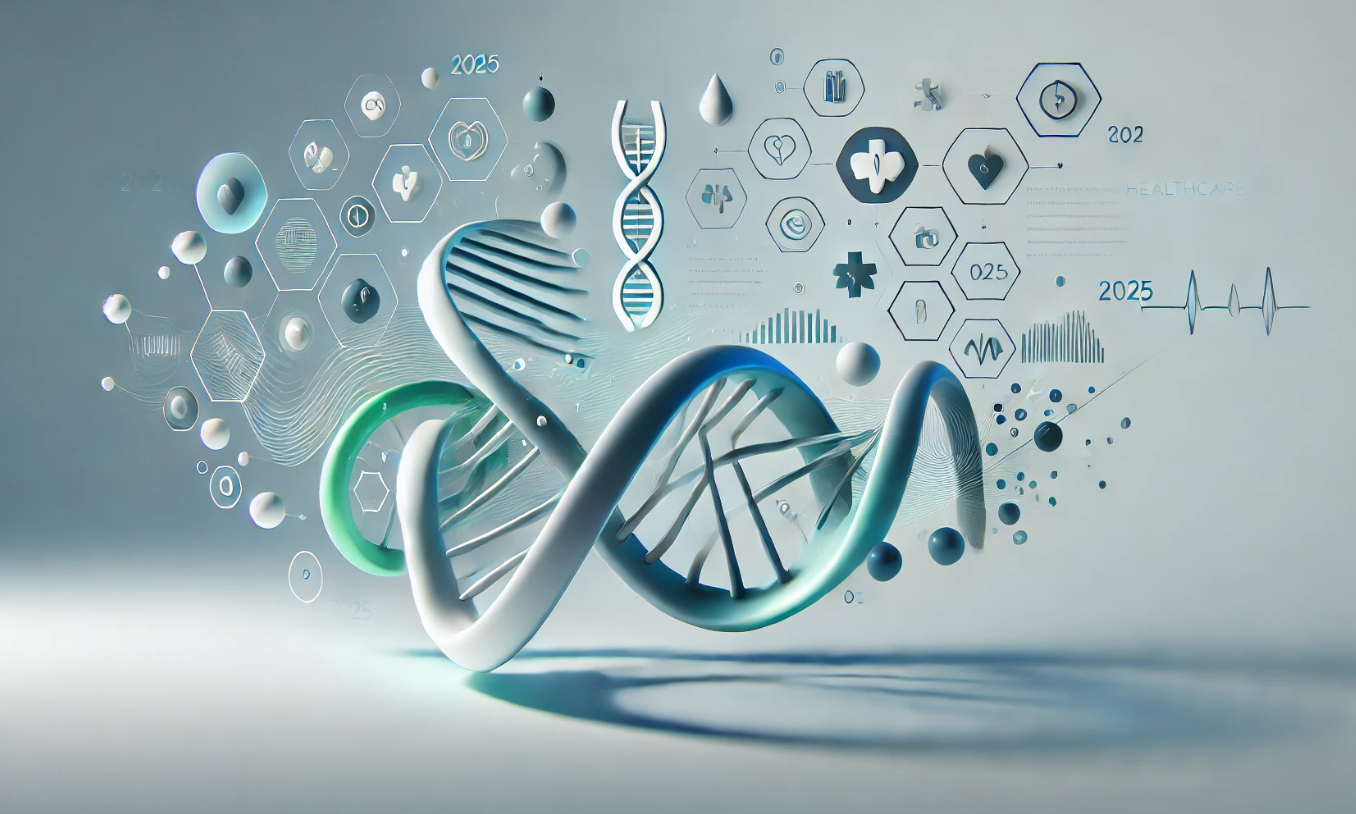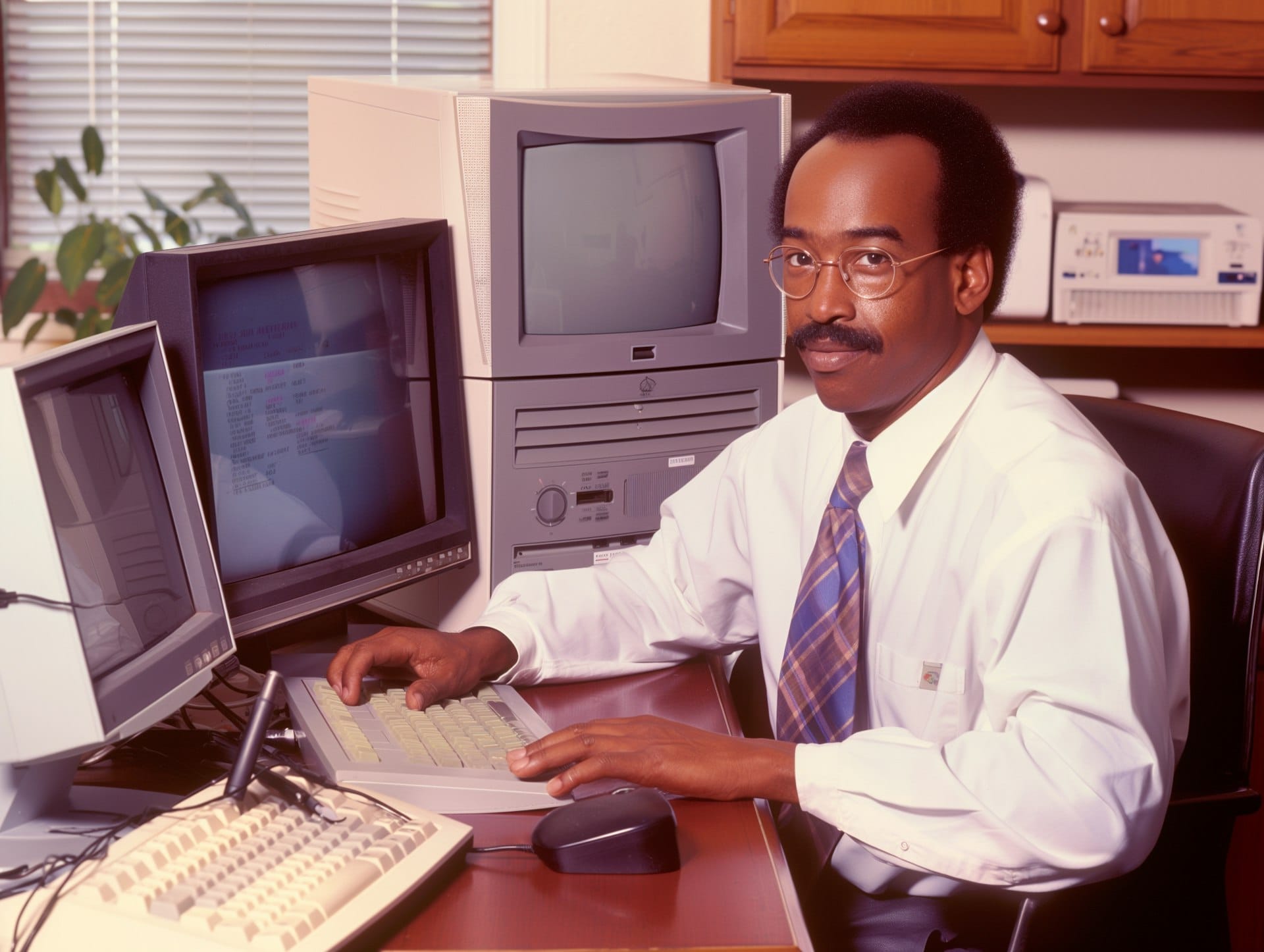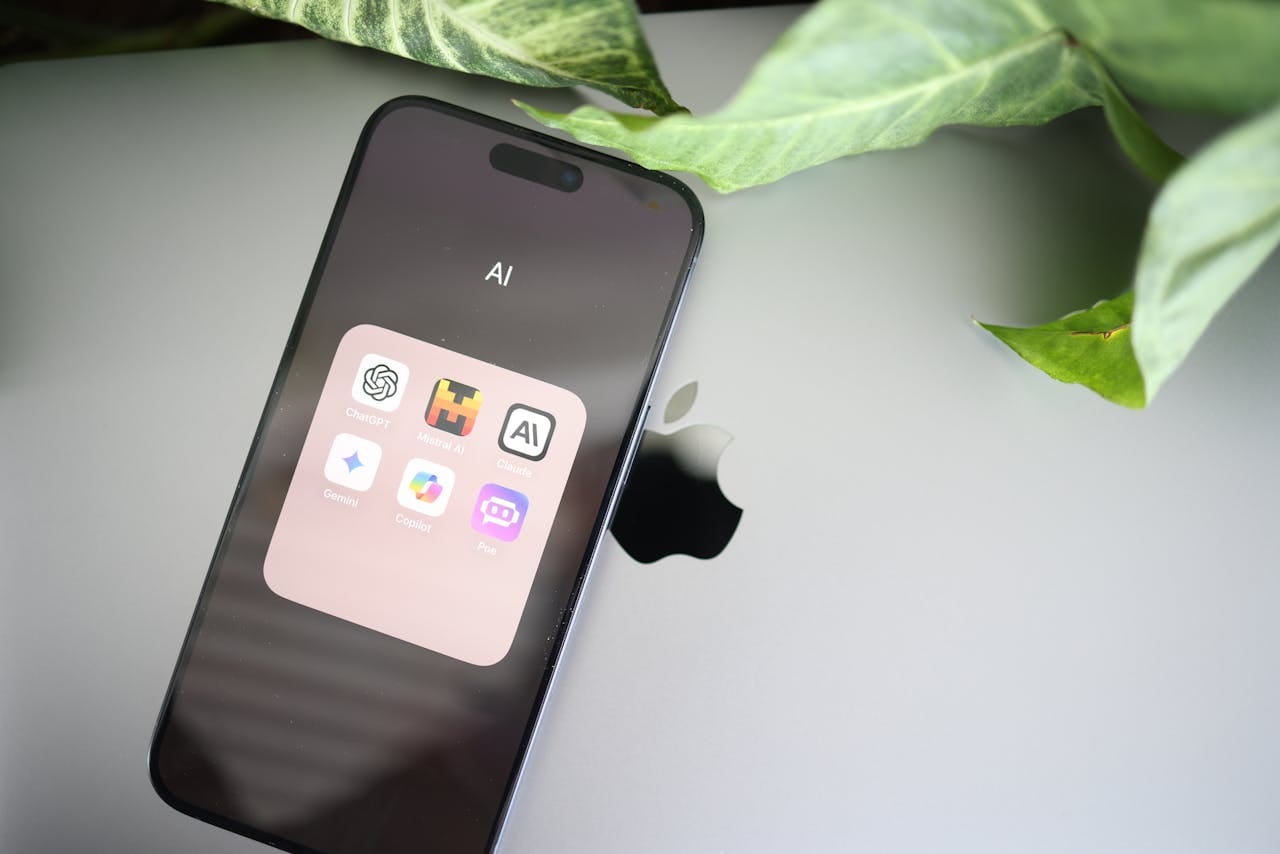The Next Frontier in Medicine: AI-Powered Personalized Healthcare
The Human Touch in AI-Powered Healthcare: A Doctor's Perspective
Table of Content
After years of practicing medicine and software development, I've witnessed countless technological advances, but nothing quite compares to the revolution we're experiencing with artificial intelligence in healthcare.
Let me share with you how AI is transforming the way we care for our patients, making treatment more personal and effective than ever before.

A New Dawn in Patient Care
Just last week, I sat with Sarah, a patient struggling with rheumatoid arthritis. In the past, finding the right medication would have meant months of trial and error, with Sarah enduring flare-ups and side effects as we searched for the perfect treatment.
But thanks to AI-powered analysis of her genetic profile and medical history, we identified the most effective medication for her condition in a fraction of the time.
"Dr. Smith," she said, tears in her eyes, "I can't believe how quickly we found something that works. I've been in pain for so long."
The Power of Personalization
What excites me most about AI in healthcare isn't just the technology – it's how it helps us deliver more compassionate, individualized care. Every day in my practice, I use AI-assisted tools that analyze vast amounts of patient data, helping me make more informed decisions about treatment plans.
For my diabetic patients, this means personalized management strategies that consider not just their blood sugar levels, but their lifestyle, genetic predisposition, and even their daily routines.
One of my patients, a busy executive named Mike, received a treatment plan that perfectly fitted his hectic schedule, making it easier for him to stay committed to his health goals.

Building Trust Through Technology
Some worry that AI might make healthcare feel impersonal, but I've found the opposite to be true. When I explain to patients that their treatment plan is specifically tailored to their unique genetic and clinical profile, their eyes light up. They feel heard and understood in a way that wasn't possible before.
Recently, I treated a cancer patient who was understandably anxious about her treatment options. Being able to show her how AI had analyzed thousands of similar cases to help determine her best course of treatment gave her confidence in our approach. It wasn't just about the data – it was about giving her peace of mind.

Looking to the Future
As a doctor who's witnessed the evolution of medicine over decades, I'm incredibly optimistic about what lies ahead. AI isn't replacing the human touch in healthcare – it's enhancing it. It gives us more time to focus on what matters most: connecting with our patients, understanding their concerns, and providing the emotional support that's so crucial to healing.
Every day, I see the promise of AI-powered healthcare in the smiles of patients who've found relief faster, in the grateful handshakes of family members, and in the improved outcomes we're achieving. This is more than just technological progress – it's about bringing hope and better health to every person who walks through our doors.
The future of healthcare isn't just about sophisticated algorithms and big data – it's about using these tools to create more meaningful connections with our patients and deliver care that's truly personalized. As a doctor, I couldn't be more excited to be part of this transformation.
Remember, behind every AI analysis and data point, there's a human story. And that's what makes modern healthcare so remarkable – the perfect blend of cutting-edge technology and compassionate care.











